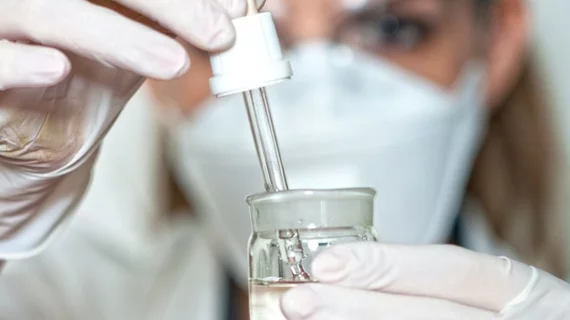White House health advisor concerned coronavirus vaccine immunity won’t last forever
Anthony Fauci, MD, director of the National Institute of Allergy and Infectious Disease (NIAID) and White House public health advisor, is concerned that a potential vaccine to protect against the novel coronavirus, COVID-19, may not deliver long-term immunity.
Fauci relayed his concerns in an interview with Howard Bauchner, editor of JAMA. Specifically, Fauci said he is “cautiously optimistic” about a vaccine, but that it will take several months before scientists can prove a vaccine works.
There are a handful of ongoing clinical trials to test the efficacy of a COVID-19 vaccine. Scientists hope to have a vaccine by the beginning of 2021, CNBC reported. Fauci is hopeful the U.S. will have several hundred million doses available by then.
“When you look at the history of coronaviruses, the common coronaviruses that cause the common cold, the reports in the literature are that the durability of immunity that’s protective ranges from three to six months to almost always less than a year,” Fauci said. “That’s not a lot of durability and protection.”
Further, there are still major questions about how immune systems respond to the virus once a person is exposed, CNBC reported.
See the full story below:

